Quick snapshot — why this matters now
If you’re job hunting in or researching the South African labour market in 2025, you need both a strategy and fresh data. South Africa’s official statistics show a volatile labour market: while employment in the formal non-agricultural sector edged up slightly in late 2024, the unemployment rate remains high and shifts by sector matter a lot for jobseekers. Recent reporting shows unemployment rose to around 32.9% in Q1 2025, with five sectors gaining jobs and five losing them — so knowing where demand exists is essential. (Statistics South Africa, Reuters)
This guide lists the top 10 sectors hiring right now in SA, why they’re hiring, the kinds of roles you’ll see, salary expectations (broad ranges), where to search, and practical tips to get hired faster. I’ll also point to official sources and hiring platforms so you can apply with confidence.
How I chose these sectors (short, practical note)
I combined recent government labour statistics (Stats SA), national and international labour reports (OECD, WEF), and job-market signals (job boards and industry reporting). Where possible I prioritized sectors that: 1) are currently adding positions, 2) show strong hiring signals on major job boards, and 3) align with national or global investment trends (e.g., green energy, logistics). Key sources include Stats SA QLFS/QES, BusinessTech summaries, and industry analyses. (Statistics South Africa, BusinessTech, OECD)
The Top 10 Sectors Hiring Right Now in SA (2025)
Reminder: this list is ordered by immediate hiring momentum and labour-market opportunity, not by long-term salary. Prosperity comes from matching fast-growing sectors to your skills and willingness to upskill.
1. Healthcare & Social Care
Why hiring: an aging population, expansion of primary health services, and COVID-era recovery pushed demand for nurses, community health workers, allied health professionals, and digital-health roles. Public sector and private healthcare groups both list openings continuously, and NGOs/CSOs are also large employers.
Common roles: registered nurses, community healthcare workers, physiotherapists, mental-health counsellors, healthcare admin, healthcare data analysts.
Salary snapshot: entry-level nurse/community worker (ZAR 6k–12k/month), experienced nurse or allied health (ZAR 12k–35k+), specialised/manager roles higher.
Where to apply: government health portals, private hospital careers pages (e.g., Netcare, Mediclinic), health NGO sites, and job boards like Indeed/LinkedIn.
Why it’s in the top 10: healthcare staffing shortages are structural and resilient — hiring is steady even when other sectors slow. Stats and job-board trends both show sustained demand. (Statistics South Africa, Indeed)
2. Information & Communication Technology (ICT) — IT, Software, Data
Why hiring: digital transformation, cloud adoption, cyber security, AI/ML adoption and fintech growth all drive demand. South African banks, telcos, and startups are hiring software engineers, data scientists, cloud engineers and security specialists.
Common roles: software developer, DevOps/cloud engineer, data scientist/analyst, cyber security analyst, product manager.
Salary snapshot: junior devs (ZAR 12k–25k/month), mid-level (ZAR 25k–50k), senior/lead/architect (ZAR 50k+).
Where to apply: LinkedIn, specialist tech job boards, company pages (banks, telecoms), recruitment agencies focusing on tech.
Why it’s in the top 10: globally and locally, tech roles are among the fastest-growing vacancies, and CareerJunction/industry reports list IT roles among the fastest growing job types. The World Economic Forum also flags tech upskilling as a major hiring driver. (BusinessTech, reports.weforum.org)
3. Finance, Fintech & Professional Services
Why hiring: bankers, accountants, auditors, compliance officers and fintech specialists are in demand as businesses manage inflation, tighten controls, and invest in digital financial services.
Common roles: accountants, financial analysts, auditors, compliance officers, fintech product managers.
Salary snapshot: graduate accountants (ZAR 8k–18k/month), mid-level analysts (ZAR 18k–40k), senior finance roles higher.
Where to apply: big four accounting firms, bank websites, fintech startups, job boards and professional networks.
Why it’s in the top 10: finance remains a major employer in South Africa and posted employment increases in some recent quarters; finance and related professional-services hiring is resilient when companies seek cost control and compliance. (seco.admin.ch, Statistics South Africa)
4. Transport, Logistics & Warehousing
Why hiring: e-commerce growth, supply-chain reshuffles, and last-mile logistics demand increased hiring in drivers, warehouse staff, logistics planners, and fleet managers.
Common roles: drivers, warehouse pickers, forklift operators, logistics coordinators, supply chain analysts.
Salary snapshot: entry-level logistics/warehouse (ZAR 5k–12k/month), drivers vary with skill and route (ZAR 8k–20k), logistics planners/analysts higher.
Where to apply: courier companies, 3PLs, retail chains’ logistics divisions, job boards.
Why it’s in the top 10: the Q1 2025 labour data showed transport posting gains while some other sectors lost ground — plus e-commerce continues to push logistics hiring. (Reuters)
5. Construction & Green Energy (Renewables)
Why hiring: infrastructure projects, housing builds, and a push toward renewables — solar, wind, and grid upgrades — are creating jobs in construction, project management, and technical trades.
Common roles: construction labourers, electricians, project managers, solar technicians, civil engineers.
Salary snapshot: trades and technicians (ZAR 8k–25k/month), engineers and site managers higher.
Where to apply: construction contractors, renewable energy firms, government tenders and procurement portals.
Why it’s in the top 10: global and local investment in renewables is driving new projects; multiple reports forecast large green-job growth across Africa, with South Africa a major beneficiary. (The Guardian, Reuters)
6. Retail & Customer Service
Why hiring: retail rebounds and hiring is concentrated in stores, call centres, and online retail operations — especially for seasonal peaks and omnichannel retailing.
Common roles: shop assistants, cashiers, customer service agents, store managers, e-commerce fulfilment staff.
Salary snapshot: entry-level (ZAR 4k–10k/month) — management roles pay more.
Where to apply: retail chains’ job pages (Checkers, Pick n Pay, Woolworths), retail staffing agencies, job boards.
Why it’s in the top 10: retail remains a large employer in SA; while some retail segments contract, others are expanding their online footprints and physical presence in growth areas. StatsSA lists trade as a major employment contributor. (seco.admin.ch)
7. Education & Training
Why hiring: teacher shortages in certain regions and subjects, private training providers, digital learning development, and TVET expansion. Demand includes both classroom teachers and education support roles (tutors, content developers for e-learning).
Common roles: teachers (primary/secondary), tutors, education technology developers, curriculum designers.
Salary snapshot: teachers (ZAR 8k–30k depending on level and sector), private tutors vary greatly.
Where to apply: provincial education departments, private and international schools, tutoring platforms.
Why it’s in the top 10: long-term investments in skills development and recurrent needs for teachers keep the sector hiring, and private/edtech hiring is complementing public roles. (Statistics South Africa)
8. Tourism, Hospitality & Food Service
Why hiring: as travel and domestic tourism recover, hotels, restaurants and experience operators are rebuilding staff numbers — plus events and conferences are restarting at scale.
Common roles: chefs, waitstaff, housekeeping, front desk, travel agents, tour guides.
Salary snapshot: entry-level hospitality (ZAR 4k–10k/month), skilled hospitality roles higher; tips often supplement income.
Where to apply: hotel and hospitality group websites, hospitality recruitment agencies, local tourism boards.
Why it’s in the top 10: recovery in tourism spending and events reactivation created steady demand—especially in tourist metros like Cape Town and Durban. Job boards show many hospitality vacancies during peak seasons. (Indeed)
9. Manufacturing & FMCG
Why hiring: manufacturing linked to domestic demand, exports, and local supply chains; FMCG companies hire across operations, merchandising, sales, and distribution teams.
Common roles: machine operators, production supervisors, quality control, merchandisers, sales reps.
Salary snapshot: factory roles (ZAR 6k–18k), supervisors and technical specialists higher.
Where to apply: company careers pages, industrial job boards, recruitment agencies specializing in manufacturing.
Why it’s in the top 10: manufacturing employment is cyclical but essential; shifts in global supply chains and local demand for processed goods maintain hiring pockets. (seco.admin.ch)
10. Agribusiness & Agro-Processing
Why hiring: food security, export crops, and agro-processing growth require labour, technicians, agronomists and quality-control staff. Mechanisation and value-adding processing create higher-value roles, too.
Common roles: farmhands, agronomists, food processing operators, logistics for agri-supply chains.
Salary snapshot: farm labour (ZAR 4k–12k), agronomists/technicians higher.
Where to apply: agribusiness companies, co-ops, agricultural recruitment portals, government agricultural programmes.
Why it’s in the top 10: agriculture and agro-processing are strategic for food security and exports — they remain a steady source of roles across rural provinces. (seco.admin.ch)
Bonus: 3 Fast-growing niches to watch (near-term hires)
- Green-collar technicians: Solar-panel installers, battery-storage technicians — fast-growing as green projects ramp up. (The Guardian)
- Healthcare analytics and healthtech: Data analysts who understand health systems — pivotal for public health monitoring. (Statistics South Africa)
- E-commerce operations & last-mile logistics specialists: Roles that support booming online retail growth. (Indeed)
Real-world hiring signals — what the numbers say
- Stats SA Q4 2024 and Q1 2025 labour releases show small quarterly improvements in formal-sector employment but high unemployment that requires sector-level targeting. Employment rose modestly in late 2024, but the unemployment rate remained stubbornly high at ~31.9% (Q4 2024) and edged up to ~32.9% in Q1 2025. Sector gains and losses are uneven — transport and finance had employment gains in recent reporting periods while trade and construction suffered some declines at different times. These shifts mean targeted job searches in growing subsectors can pay off. (Statistics South Africa, Reuters)
- Industry analyses and hiring sites (CareerJunction / BusinessTech summaries) list IT, healthcare and logistics among fastest-growing vacancy areas — matching the jobs posted on major boards. For tech roles, global reports (WEF Future of Jobs 2025) reinforce high demand for digital and AI-related skills. (BusinessTech, reports.weforum.org)
How jobseekers should prioritize these sectors (smart personal strategy)
- Map your skills to sector needs. If you’re technical, prioritize ICT, finance or green-energy tech. If you have people-facing skills, look to healthcare, customer service or retail.
- Get short, targeted certifications. Fast certificates (e.g., basic nursing assistant, solar installation short courses, forklift/operator tickets, cybersecurity bootcamps) make you marketable quickly.
- Be geographically flexible. Some sectors hire heavily in specific provinces — e.g., tourism in Western Cape/KZN, mining/agribusiness in other provinces, manufacturing in Gauteng and surrounding provinces.
- Use hiring platforms intelligently. Set job alerts on LinkedIn, CareerJunction, Indeed, and specialist portals. Apply quickly and tailor your CV to the role (keywordsmatter!).
- Network inside target sectors. Industry groups, LinkedIn, and alumni networks help you hear about unadvertised roles.
- Consider temporary / contract roles to get a foot in the door. Many permanent hires follow short-term contracts.
How to optimize your CV and online profile for these sectors
- Keyword-tune your CV to match job descriptions (use the exact role phrases like “data analyst”, “solar technician”, “community health worker”).
- Show measurable results (e.g., reduced inventory errors by X%, supported Y patients per week, managed a team of Z).
- Certifications and licences should be front-and-center if they’re mandatory (HEQSF, SACE, forklift licence, ECG safety, trade certificates).
- LinkedIn profile: headline that includes your target role and location, a concise summary, and recent skills endorsed. Recruiters in SA use LinkedIn heavily for mid-to-senior level hires.
Where to find jobs (practical list)
- Government / Public-sector hires: provincial education/health/municipal websites, and official tender/careers portals.
- Major job boards: LinkedIn, Indeed, CareerJunction, PNet, Glassdoor.
- Industry portals: company career pages for Netcare, Mediclinic (healthcare), major banks, large retailers (Checkers, Pick n Pay), logistics firms (DHL, Imperial), renewable energy developers.
- Local recruitment agencies: useful for manufacturing, admin, retail and specialised technical roles.
- Training-to-hiring pathways: TVET colleges, SETA-funded learnerships and apprenticeship portals — crucial for trades and healthcare support roles.
(Example external sources: StatsSA labour releases, BusinessTech career pieces, OECD country notes). (Statistics South Africa, BusinessTech, OECD)
Interview & application tips for each sector (short, sector-specific)
- Healthcare: highlight registration numbers, clinical rotations, and patient-contact hours. Bring copies of licences.
- ICT: have GitHub/portfolio links, and be ready to discuss projects and coding tests.
- Finance: emphasise compliance, internships, and accounting system experience (e.g., SAP, Pastel).
- Logistics: include valid driver’s licence details, lifting/operational certificates, and reliability evidence.
- Construction / Green: show trade certificates, safety tickets (e.g., OHS), and project lists.
- Retail: punctuality evidence and customer-service metrics (e.g., customer satisfaction improvements).
- Education: SACE registration (if applicable), lesson plans and classroom management examples.
- Hospitality: show references, proof of training (food safety), and a friendly service attitude.
- Manufacturing: PPE and machine-operation certificates, plus adherence to quality standards.
- Agribusiness: include agronomy experience, seasonal work history, and machinery licences if relevant.
Upskilling & funding resources
- SETA learnerships & TVET colleges: sectoral training programs that often include workplace experience.
- Short online courses: tech bootcamps, data analytics courses, cybersecurity basics (Coursera/edX/Local providers).
- Green skills programmes: NGOs and donor-funded projects often provide training for renewable-energy roles.
- Government incentives & youth employment schemes: keep an eye on provincial announcements and national programmes that subsidise employer hiring or provide internships.
What employers are looking for in 2025 (beyond technical skills)
- Adaptability: changed workflows since 2020 mean employers value adaptable workers.
- Digital literacy: basic digital skills are expected in most office and many frontline roles.
- Soft skills: communication, teamwork, and problem solving remain crucial.
- Resilience & reliability: given the sparseness of some roles, show you’re dependable.
Global reports and surveys confirm these employer preferences across sectors. (reports.weforum.org)
FAQs (fast answers)
Q: Is IT the best sector to switch into for quick hiring?
A: IT has strong demand but is competitive — targeted upskilling (coding bootcamps, cloud certifications) helps you stand out. (reports.weforum.org)
Q: Can I get a job in green energy without prior experience?
A: Entry-level roles exist (installation assistants, trainees) but short technical courses and certificates will help you land field roles. (The Guardian)
Q: Which sector hires the most entry-level staff?
A: Retail, hospitality, logistics and some healthcare support roles typically hire entry-level staff frequently. (seco.admin.ch)
Checklist: Apply like a pro (one-page action plan)
- Choose 2 target sectors from the top 10.
- Update CV with sector keywords (3–5 role-specific phrases).
- Create/refresh LinkedIn and set job alerts.
- Take one short, high-impact course (certificate you can finish in 2–8 weeks).
- Apply to 5 jobs per week and follow up within 7–10 days.
- Network in one industry group & attend one online/in-person event monthly.
- Track applications and feedback; iterate CV after each interview.
Closing — your next steps (short & motivating)
South Africa’s labour market is challenging but not without opportunities. The top 10 sectors hiring right now in SA give you a map — pick two sectors, commit to a focused CV and application plan, and get one targeted short course under your belt. Employers are hiring where they see immediate value; make yourself the easiest, quickest value-add.
If you want, I can:
- tailor a sector-specific CV (e.g., ICT or healthcare), or
- build a 90-day job-search plan that lists the best job boards, exact companies to target, and a daily action schedule.
Which sector should we focus on first?
Sources & Further Reading (most load-bearing references)
- Statistics South Africa — Quarterly Labour Force Survey (QLFS) and Quarterly Employment Statistics (QES) releases (Q4 2024, Q1 2025). (Statistics South Africa)
- Reuters: South Africa unemployment rate and Q1 2025 sector movements. (Reuters)
- BusinessTech / CareerJunction coverage: fastest-growing jobs in South Africa 2025. (BusinessTech)
- World Economic Forum — Future of Jobs Report 2025 (global context for tech/skills). (reports.weforum.org)
- SECO / country economic reports on sectoral employment contributions. (seco.admin.ch)



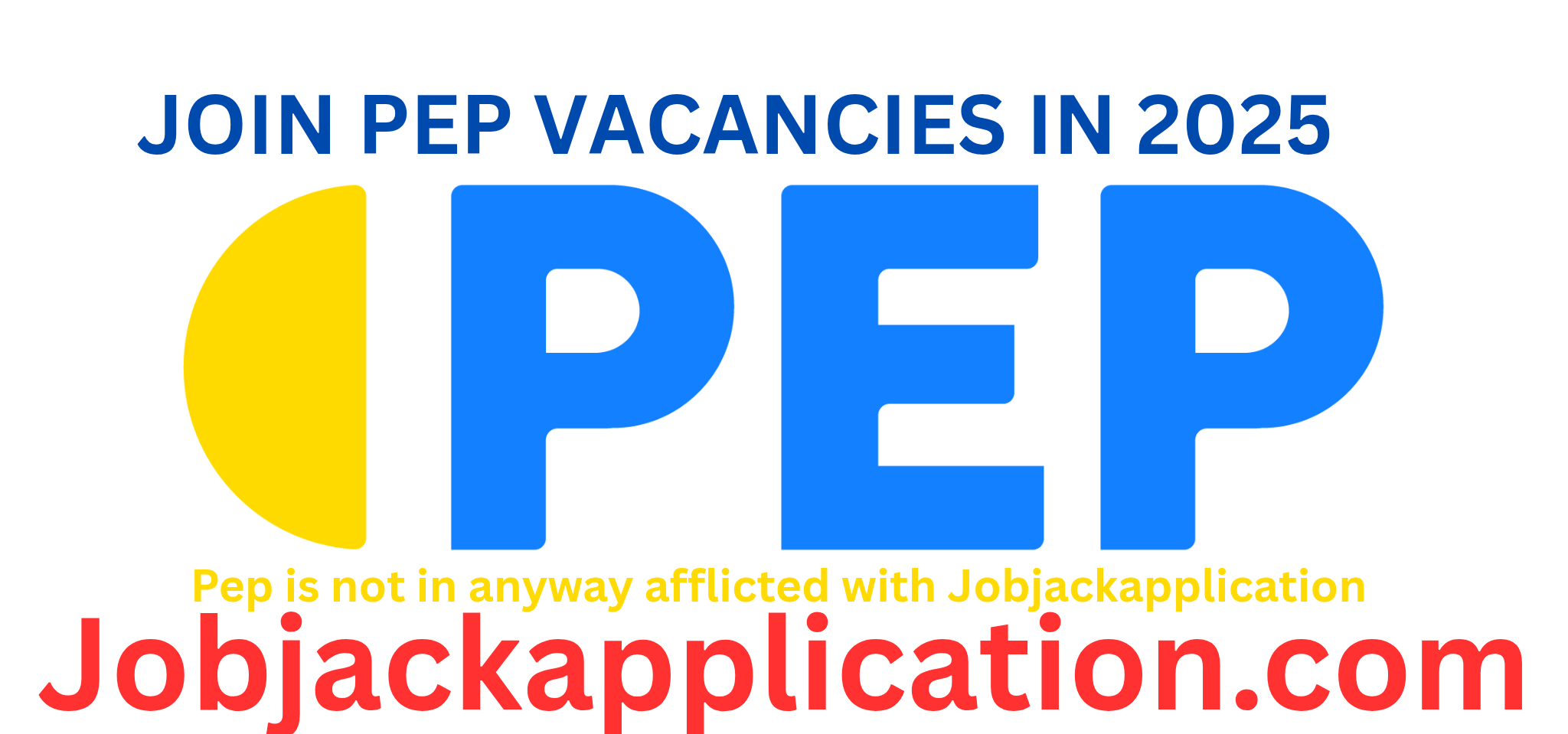

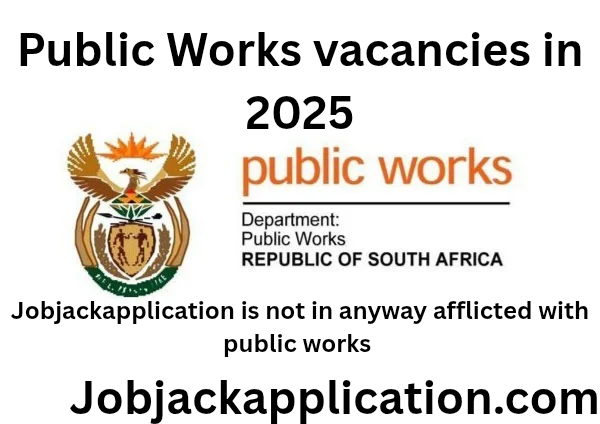

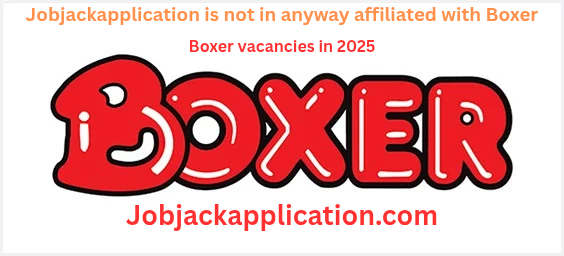
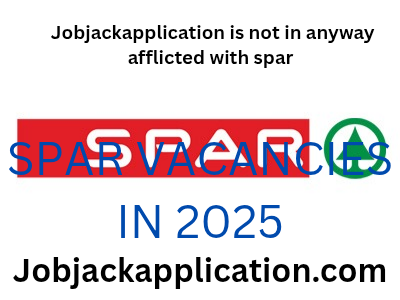
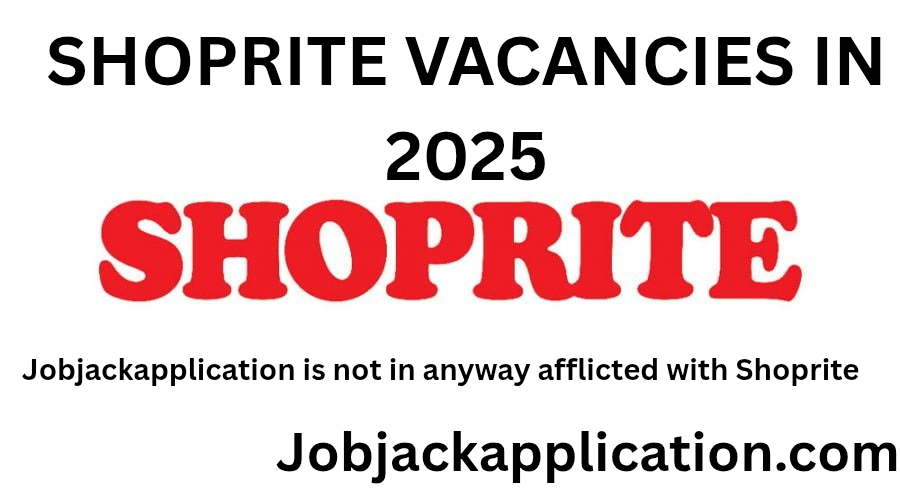
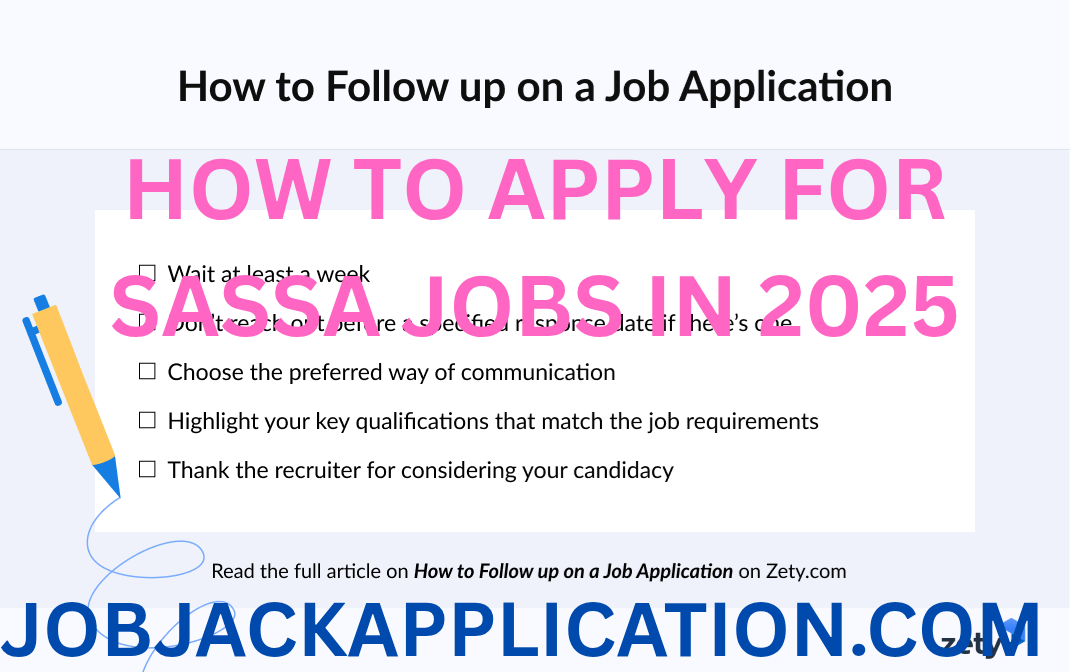



Leave a Reply